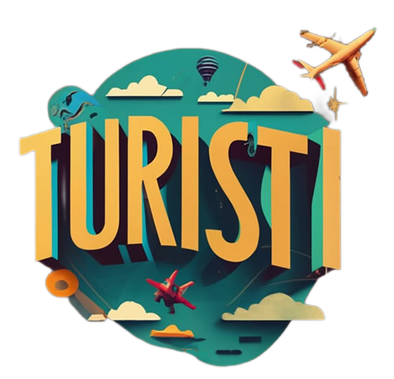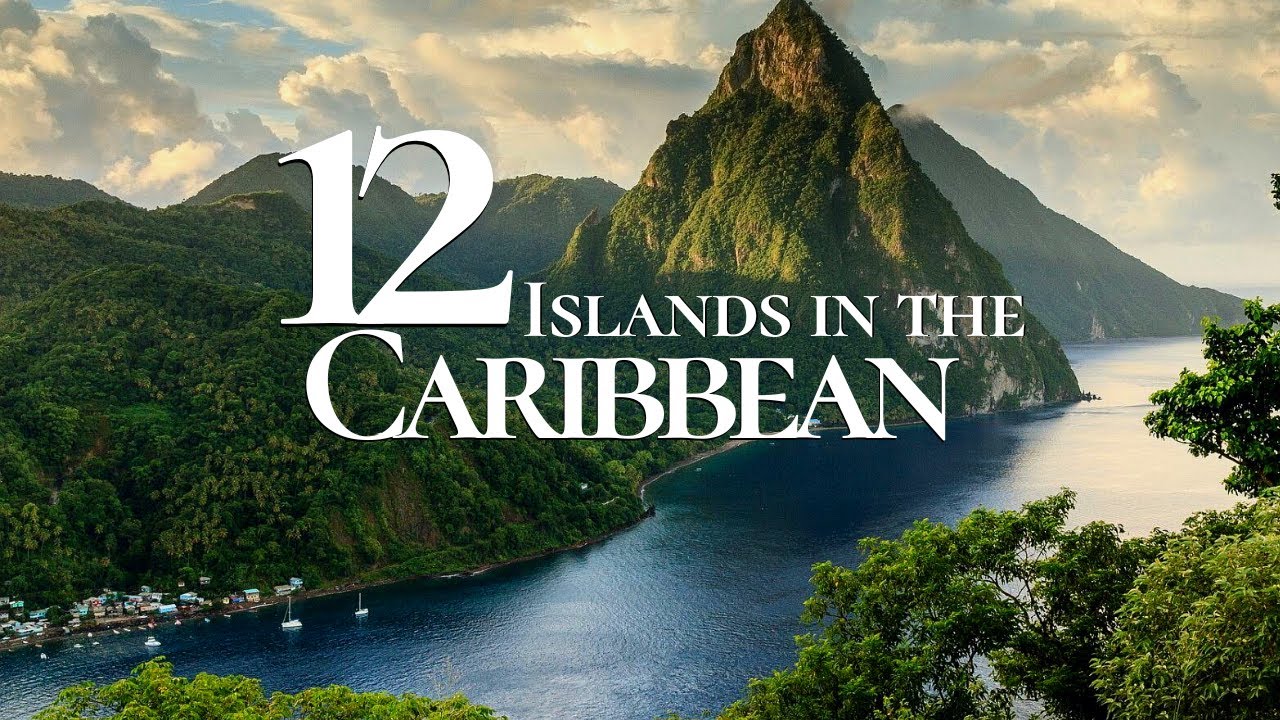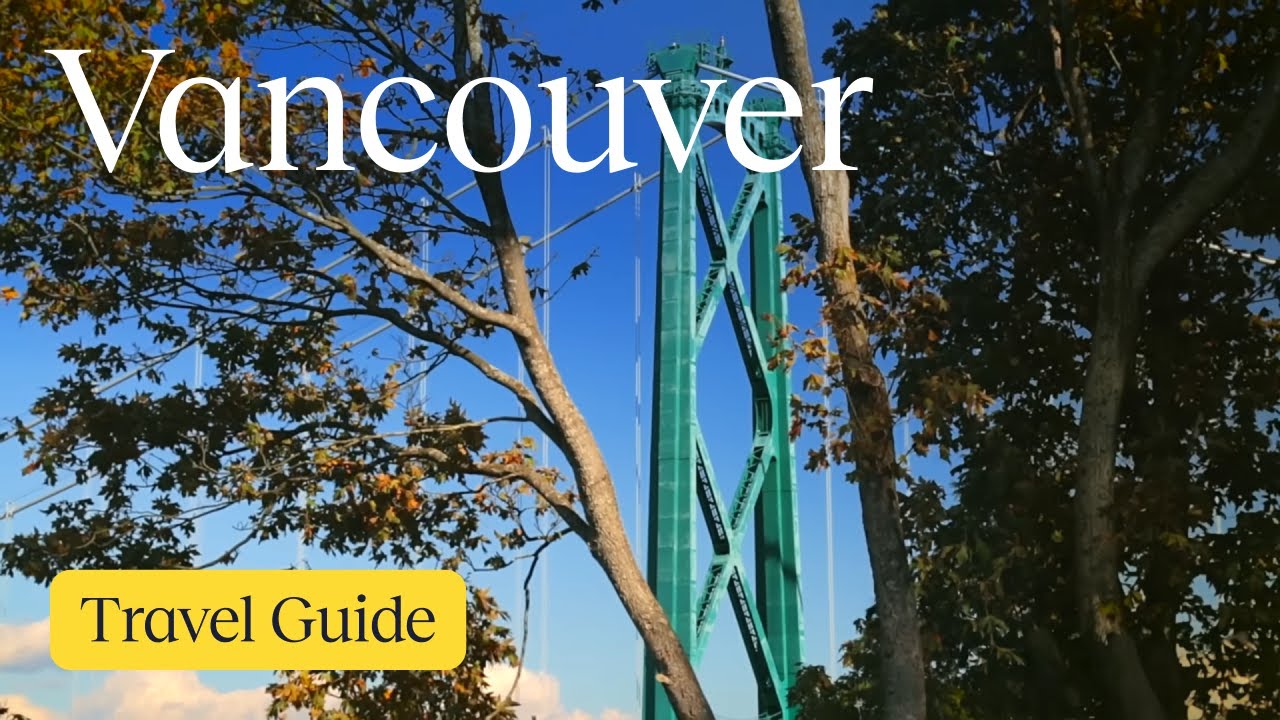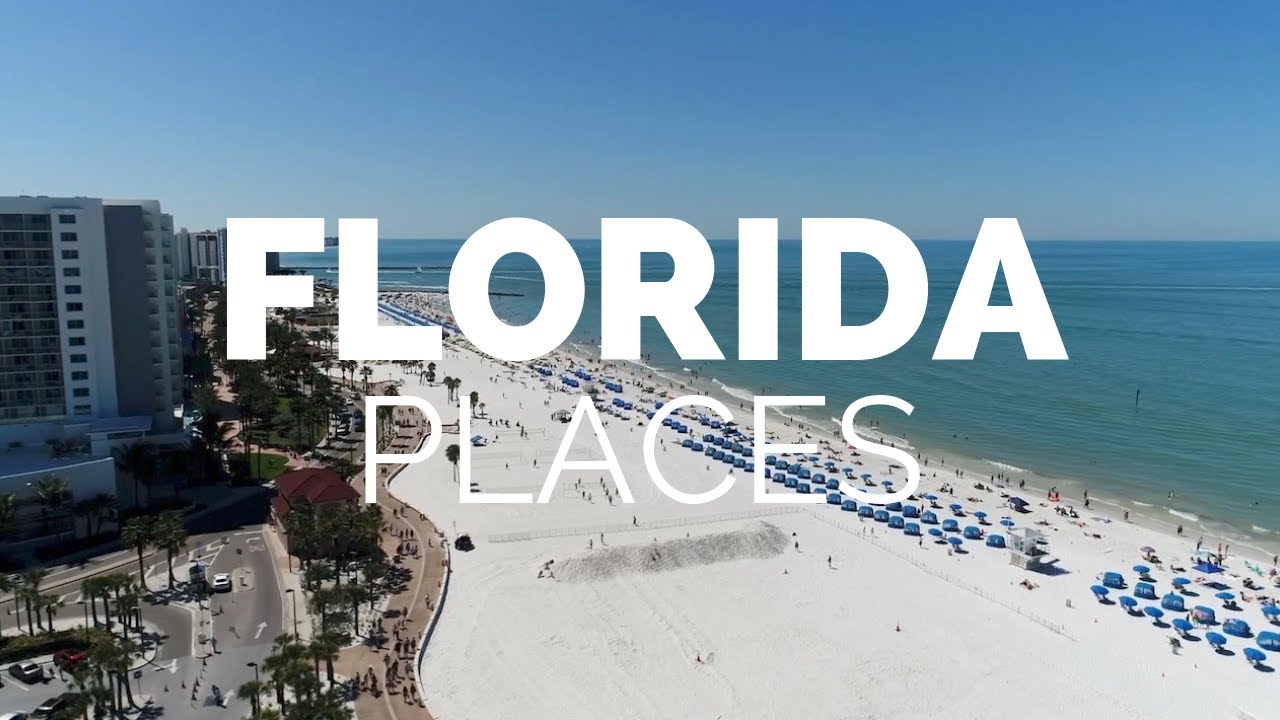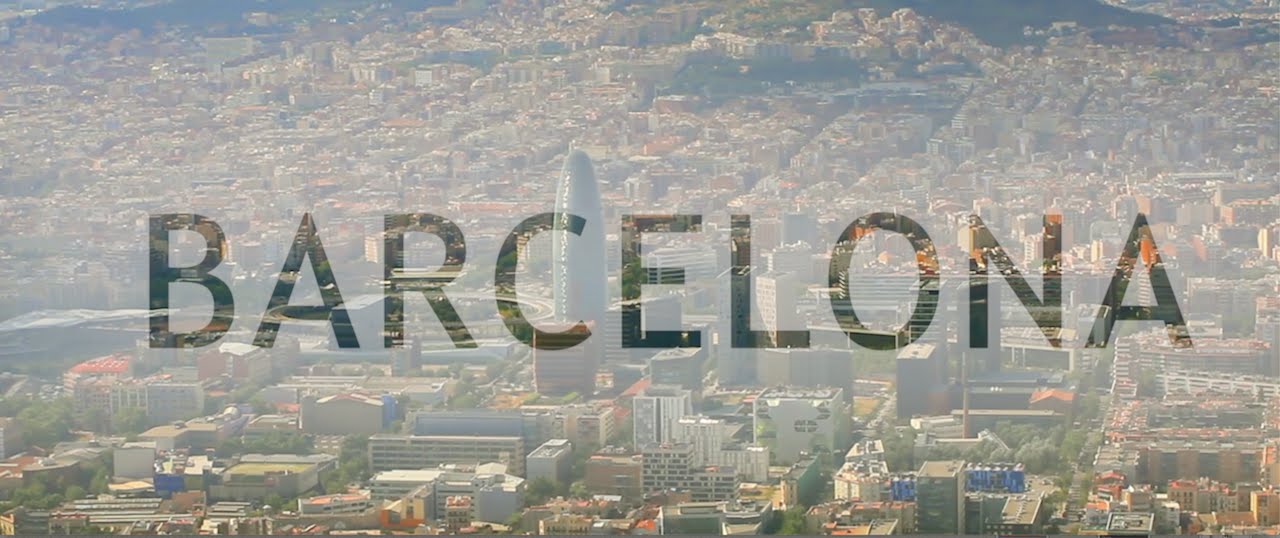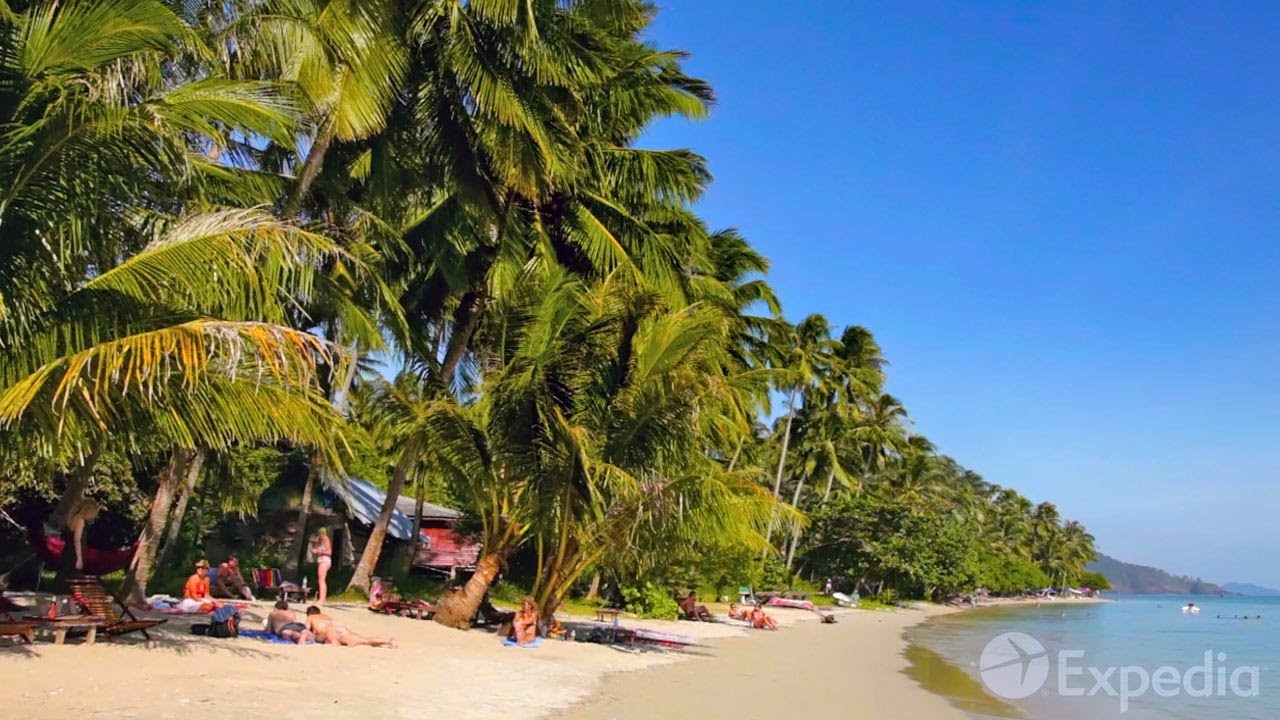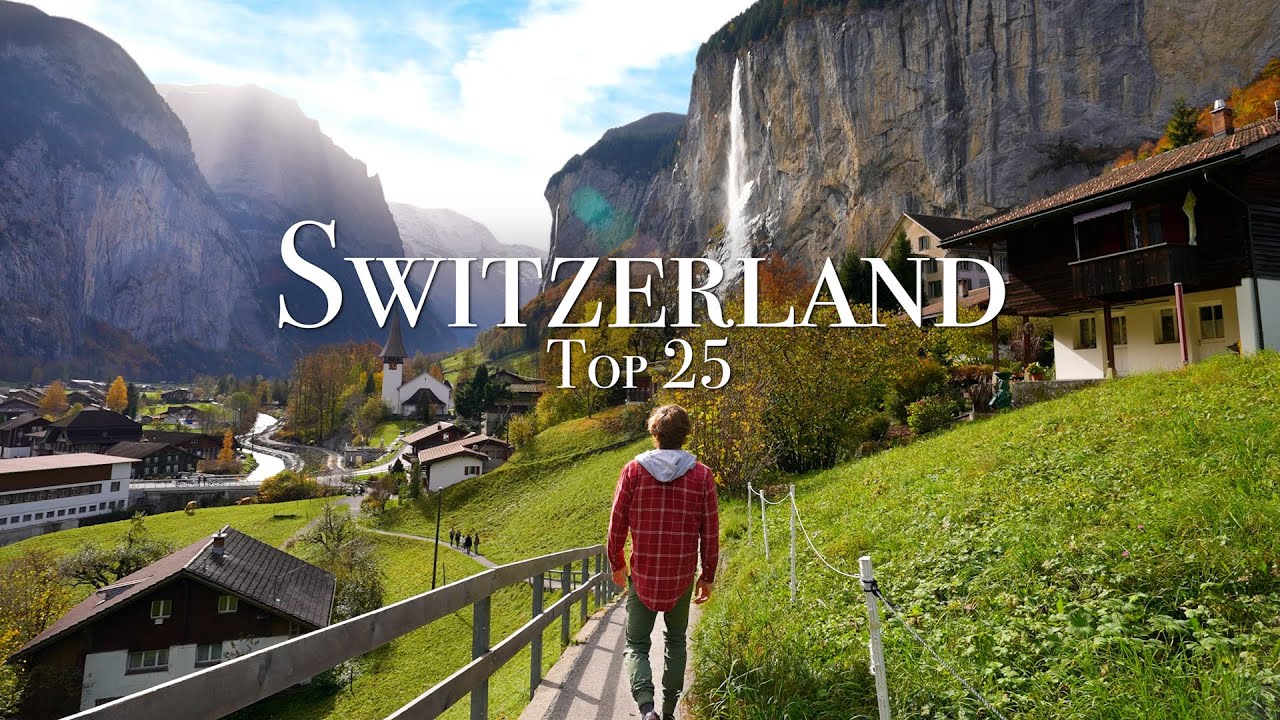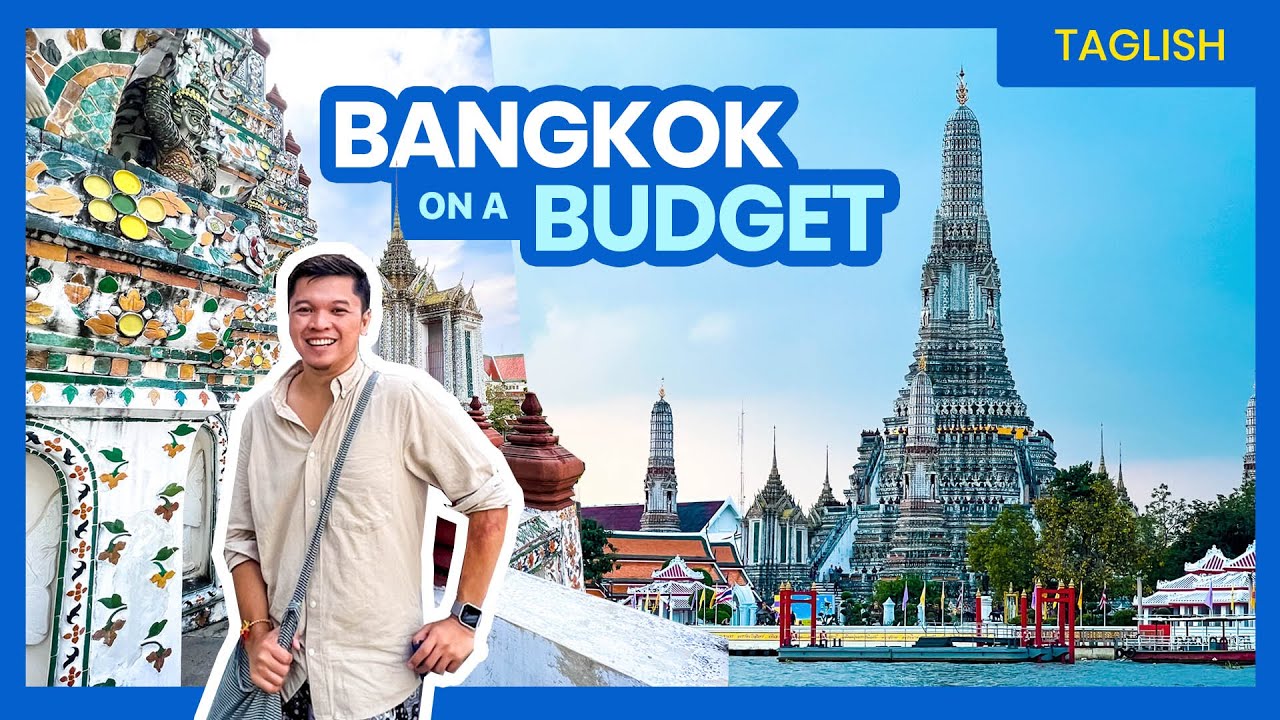Solo travel is one of the most rewarding and fastest-growing travel trends. It offers unparalleled freedom and opportunities for personal growth.
Here is everything you need to know about planning, experiencing, and succeeding on a solo trip.
🧭 Part 1: Why Travel Solo? (The Benefits)
People choose to travel alone for profound reasons related to freedom and self-discovery:
- Total Freedom & Flexibility: You control every aspect of your trip—where to go, when to wake up, what to eat, and how long to stay. There is no need to compromise on interests or schedules.
- Personal Growth & Confidence: Navigating a foreign country, overcoming language barriers, and solving unexpected problems on your own significantly boosts self-reliance and confidence.
- Self-Discovery: Without the distraction or expectations of companions, solo travel allows for deep introspection, reflection, and a truer understanding of your own preferences and strengths.
- Easier to Meet People: Solo travelers are often perceived as more approachable and are typically more open to engaging with locals and fellow travelers, leading to richer, more immersive cultural experiences and new friendships.
- Budget Control: You decide where every dollar goes, prioritizing the things you care about (e.g., cheaper accommodation but splurging on tours or food).
🛡️ Part 2: Solo Travel Safety Essentials
Safety is the number one concern for first-time solo travelers. Preparation and awareness are your best tools.
Before You Leave
- Research Your Destination: Read government travel advisories, local news, and understand local customs (especially regarding dress and interaction).
- Share Your Itinerary: Leave a copy of your flight details, accommodation names, and check-in times with a trusted family member or friend back home. Set a regular “check-in” time.
- Copy Documents: Store a physical photocopy and a digital scan (on the cloud and on your phone) of your passport, visa, and insurance policy separately from the originals.
- Travel Insurance is Non-Negotiable: Ensure your policy covers medical emergencies, cancellation, and emergency repatriation.
- Download Offline Maps: Use apps like Google Maps or Maps.me to download the local area map so you can navigate even without Wi-Fi or data.
While Traveling
- Trust Your Instincts: If a situation or person makes you feel uncomfortable, leave immediately. Your gut feeling is your best defense.
- Arrive During Daylight: Plan to arrive at a new city or accommodation during the day when navigation is easier and the neighborhood is safer to assess.
- Secure Your Accommodation: Consider carrying a door stop alarm or a simple rubber door wedge to enhance security in hostel/hotel rooms, especially in older buildings.
- Blend In: Avoid looking obviously lost or wearing flashy, expensive jewelry. Follow the clothing and behavioral cues of the locals to avoid standing out as a target.
- Transport Safety: Use official, licensed taxis or reputable ride-sharing apps (confirm the license plate and driver name). Avoid uninvited solicitations. On public transit, stay alert and keep bags secured.
- Financial Safety: Don’t carry all your cash or cards in one place. Keep an emergency stash separate (e.g., in a sock, shoe, or small hidden pouch). Use ATMs inside banks during the day.
- Socialize Safely: If meeting someone new, keep the first meeting in a public, well-lit place. Be sensible with alcohol and never leave your drink unattended.
💰 Part 3: Budgeting for Solo Travel
Solo travel can sometimes be more expensive due to the single supplement (paying for a double room alone), but there are ways to offset this.
| Category | Budget Tip for Solo Travelers |
| Accommodation | Hostels: Book private rooms in quality hostels for lower cost and social access. Hotels: Look for hotels that offer dedicated, smaller single rooms at reduced rates. House Swapping/Sitting (for long trips). |
| Transport | Utilize public transport (trains, buses) rather than expensive taxis. Book overnight buses or trains to save on one night’s accommodation cost. |
| Food | Embrace street food and local markets for delicious, affordable meals. Book accommodations with kitchen access to cook simple meals. |
| Tours/Activities | Look for free walking tours (tip the guide) as an excellent way to see the city and meet other travelers. Look for city passes that bundle attraction entry and public transit. |
| Flights | Be flexible with dates (mid-week flights are often cheaper) and fly in the shoulder season (Spring/Autumn) to get better deals on everything. |
🌍 Part 4: Great Destinations for Beginners
Beginners should choose destinations known for safety, ease of navigation, friendly locals, and a strong existing solo traveler network.
| Destination | Why It’s Great for Solo Beginners |
| Iceland | Extremely safe (one of the safest countries globally), very low crime rate, easy to navigate (especially via the Ring Road). Great for nature lovers. |
| New Zealand | Highly safe, English-speaking, incredibly friendly, and a massive network of hostels and solo-friendly adventure tours (South Island). |
| Japan | Unbelievably low crime rate and highly efficient public transport. Easy to dine alone (it’s common culture) and highly respectful people. |
| Ireland | English-speaking (easy communication), famously friendly and welcoming people, and easy to get around by train or bus. |
| Portugal (Lisbon/Porto) | Very safe, relatively affordable for Western Europe, and a strong culture of hospitality. Easy to walk and use public transport. |
| Thailand | The quintessential backpacking destination. Very affordable, tourist infrastructure is excellent, and it’s easy to meet other travelers in hostels and social settings. |
Would you like me to help you create a sample budget breakdown for a specific solo travel destination?

